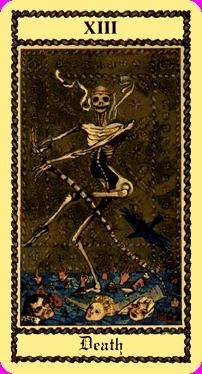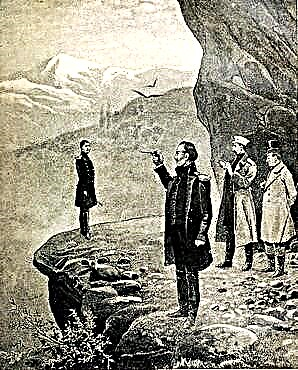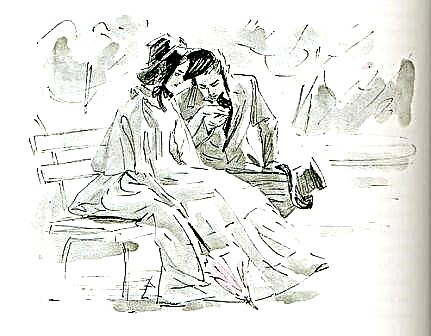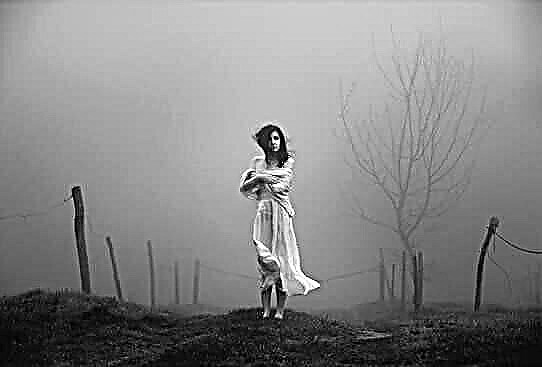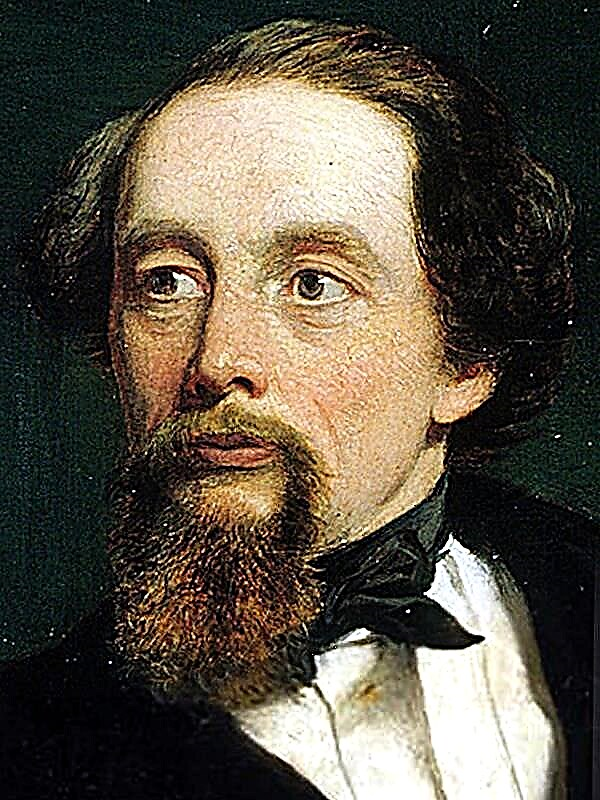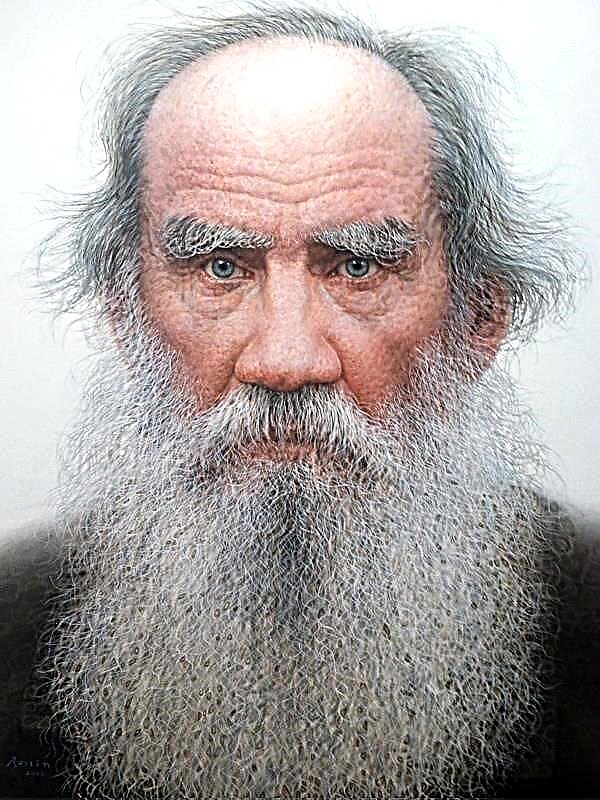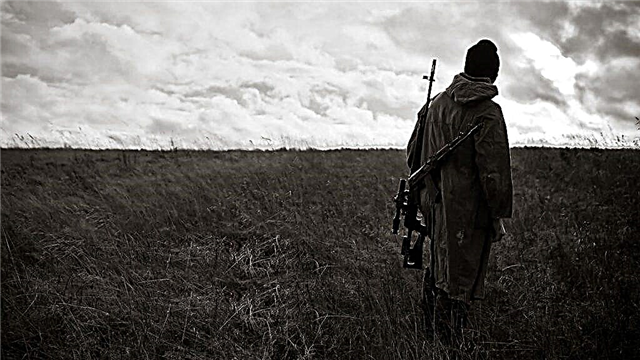Especially for you, we have prepared two versions of this essay: shorter and more detailed. Each of them has different scenes. We hope that one of the options is right for you.
Shorter option
(249 words) In Dostoevsky’s novel “Crime and Punishment” there are a lot of emotionally strong fragments that I want to reread again and again. Everyone will find for themselves that which answers one or another vital question that worries him personally.
Sonia Marmeladova is Dostoevsky's favorite heroine in this work, and, probably, thanks to her image, many readers emphasize the pages in the book for themselves. It is amazing how a girl of such an ignoble profession is pure in her soul, and it is she who confuses Raskolnikov with absolutely simple remarks. “Is this a man a louse?” - and such arguments simply convince the protagonist of the inhumanity of his actions. In addition, thanks to Sonya, an important plot line is revealed - the power of repentance and the salvation of the human soul with sincere faith in God. Also an important point in the book is the moment when Raskolnikov gives money to his mother to the Marmeladov family. At that moment he feels that he has done the right thing, in good conscience, and for a moment it becomes easier for him.
Lovers of romantic history definitely prefer the line of Razumikhin and the sister of Raskolnikov Duni. Throughout the novel, the reader more than once becomes convinced that the friend of the main character is an ideal candidate for the charming Dunya, in contrast to the failed groom Luzhin and the cruel Svidrigailov. Passing through all the trials, the couple remains together and in the epilogue of the work.
Surely, the favorite pages of fans of detective stories are the tactics of Porfiry Petrovich, who does not have objective evidence against Raskolnikov, but definitely suspects him of murder. The investigator psychologically brings the hero to clean water, at the same time, wishing him well.
Thus, in every, even minor episode, the creative genius of Fedor Mikhailovich Dostoevsky is revealed. His novel can be re-read over and over again, finding new topics, thoughts and favorite pages.
Option more
(347 words) “Crime and Punishment” - a novel that managed to make a strong impression. Having passed through the deep essence of a philosophical work, it is difficult for the reader not to think about Raskolnikov's theory, about a painful conscience, and that no even the most noble goal can justify inhuman means. For many people, books are often associated with certain scenes. Dostoevsky’s novel is full of fascinating episodes, so every fan of this dynamic story will find which pages are best left to bookmark.
For some, the favorite page in Crime and Punishment is a transcript of the hellish theory of the protagonist. These arguments of Raskolnikov will be a weak justification for his act in his own head. As a confirmation of his own position, the hero repeatedly mentioned the French emperor Napoleon, who destroyed the cities, but people still erect monuments to him. The theory he painted, more than once, will play against the theorist: it not only turns out to be unrealized, but also becomes evidence for the investigator. After reading Rodion's article, Uncle Razumikhina is convinced that the author could not but rank himself as the second type. And he was right.
Many who were worried about the main character are all waiting, when, finally, he confesses, and his condition will return to normal. Such readers most of all like the epilogue, where Raskolnikov nevertheless repents of his crime. A new life awaits him, and nightmares finally end, and just such a finale - with the hope of happiness, can reassure all those who suffer for the unfortunate Rodion.
Strongly imbued with all of the above scenes of the novel, I cannot but note some of my favorite pages of the work: the appearance and active participation in the process of the most not-so-personal character - Arkady Svidrigailov. The hero seems to be Raskolnikov's double and the embodiment of the same theory, but Rodion is clearly not at ease in his presence. “We are of the same field of berries” - Svidrigailov immediately notices in the interlocutor the same pain, a similar story and the same fear. It is as if he does not suffer from his atrocities, but ghosts are to him - what is not the next destruction of the theory that prompted Raskolnikov to kill ?!
The whole novel is based on a refutation of Raskolnikov’s theory, and the events of the dirty yellow Petersburg repeatedly confirm its inapplicability in real life. But, in my opinion, Svidrigailov’s suicide is a checkmate of Raskolnikov’s theory. Together with him, he kills the essence of the reasoning that so strongly influenced the protagonist.



